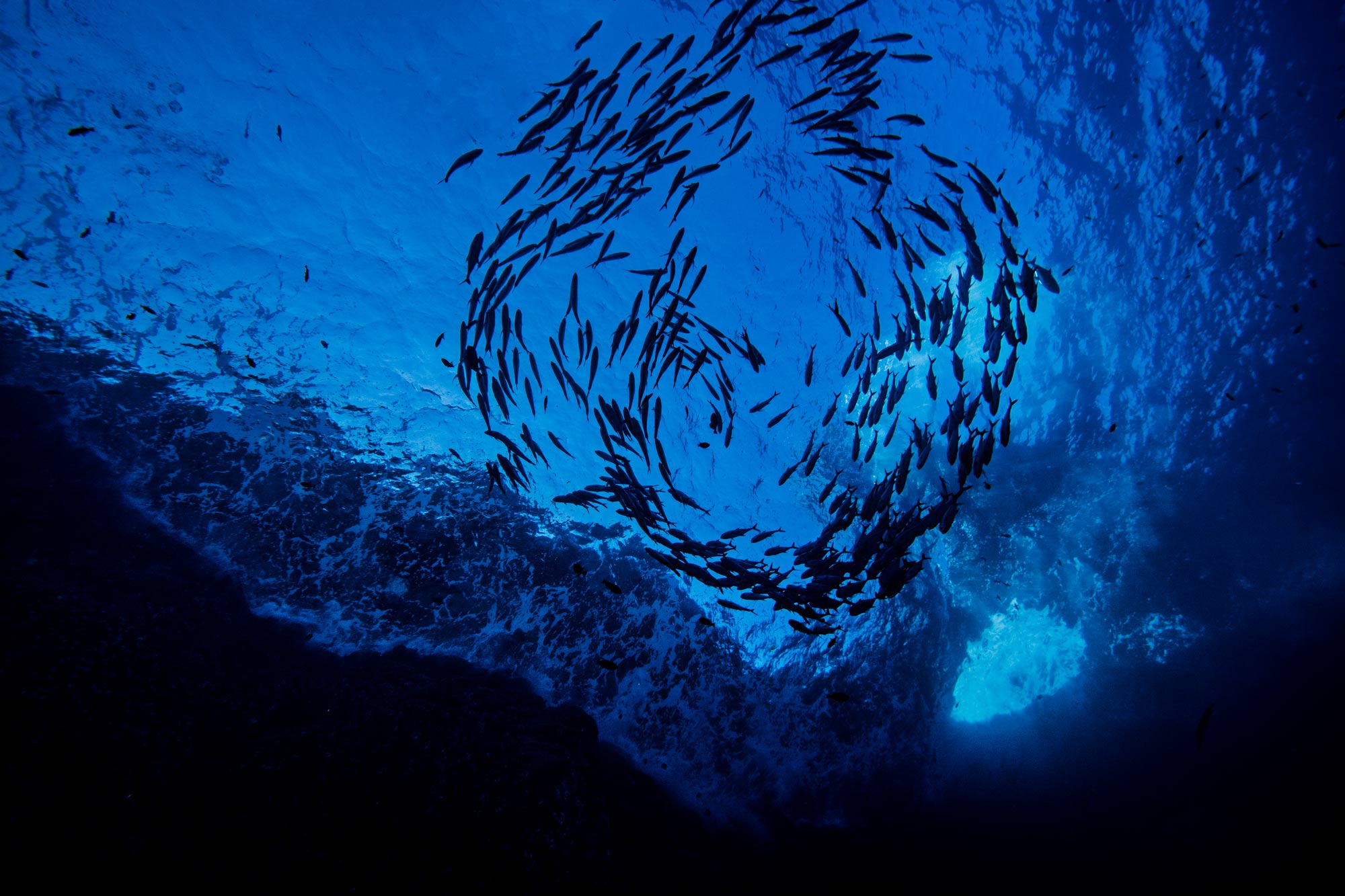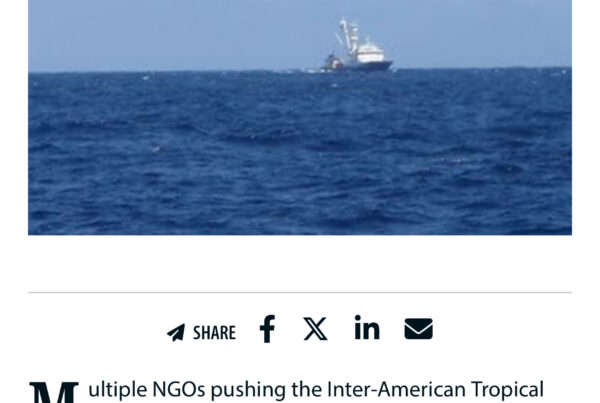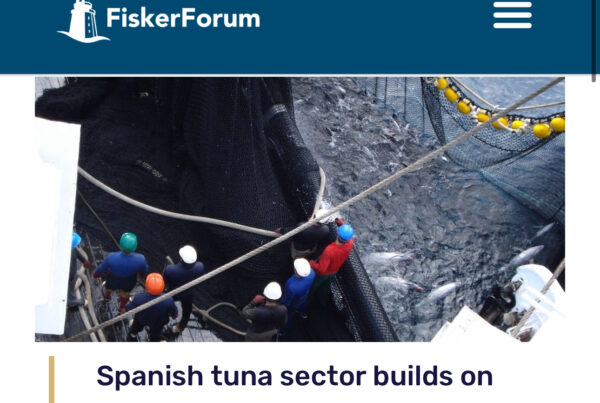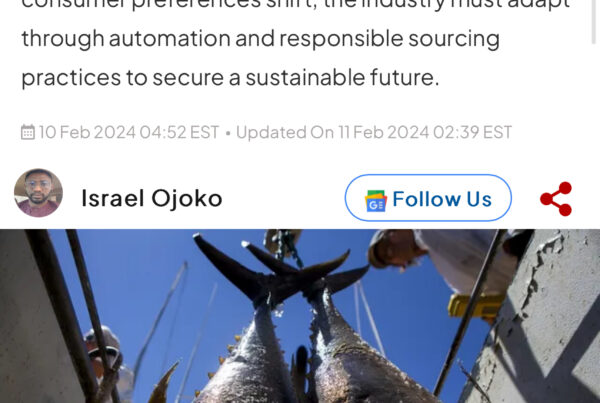Sea Grant and NOAA Fisheries Announce 2022 Joint Fellowship Recipients
NOAA Fisheries and Sea Grant have announced the 2022 NOAA Fisheries-Sea Grant Joint Fellowship recipients. Seven population and ecosystem dynamics doctoral fellows and one marine resource economics doctoral fellow were selected through a competitive selection process. The joint fellowship program is a workforce development effort to train highly qualified professionals for NOAA’s science-based approach to fisheries management.
Podcast: A New Strategy for Equity and Environmental Justice at NOAA Fisheries
On this episode of Dive in With NOAA Fisheries, we talk with Sam Rauch, NOAA Fisheries Deputy Assistant Administrator for Regulatory Programs and Dr. Danika Kleiber, a social scientist with the Pacific Islands Fisheries Science Center and Co-Chair of the EEJ Working Group. We discussed the new national, comprehensive strategy around equity and environmental justice, who it impacts, and how you can contribute and help refine it.
Let Qualified Experts Respond to Entangled Whales!
When well-intentioned members of the public take matters into their own hands to try to save a whale, they put themselves and the animal in grave danger. We work with the nation’s top large-whale experts—including biologists, veterinarians, marine patrol officers, fishermen, and whale watch captains—to safely respond to entangled whales.
NOAA Provides Funding Opportunity to Enhance Climate Science
The Climate and Fisheries Adaptation Program is now accepting proposals for research projects to increase understanding and promote resilience and adaptation of U.S. marine fisheries.
Considering Culture for Aquaculture: NOAA’s Efforts to Expand Aquaculture Social Science Capacity
NOAA social scientists’ studies of coastal communities add vital perspective to aquaculture planning.
Alaska
Science to Support Sustainable Shellfish and Seaweed Aquaculture Development in Alaska State Waters
A new strategic research plan for shellfish and seaweed aquaculture in Alaska will guide science centers in conducting aquaculture-related research over the next 5 years.
Science Blog: A Voyage Through the Arctic
Follow Alaska Tribal Research Coordinator Mabel Baldwin-Schaffer and partners collecting valuable data and information to further promote awareness of our precious Alaska resources. In the second post of the A Voyage Through the Arctic blog series, Mabel shares her experiences on the F/V Alaska Provider completing survey work in the Aleutian Islands.
West Coast
Interior Columbia and Snake River Salmon and Steelhead Maintain Listing Status
We released 5-year reviews for seven salmon and steelhead species in the Interior Columbia Basin area protected by the Endangered Species Act. Findings indicate certain species face threats from climate change that require urgent action.
International Actions Pay Off for Pacific Bluefin Tuna as Species Rebounds at Accelerating Rate
Following international action to end overfishing of Pacific bluefin tuna, a new stock assessment shows that the species is now increasing and includes many younger fish, which will help accelerate its rebound.
Pacific Islands
Modifying Fishing Gear Reduces Shark Bycatch in the Pacific
Conservation and management of shark populations is increasingly important on a global scale because many species are vulnerable to overfishing. Recent research shows that using monofilament leaders instead of wire leaders reduced shark bycatch by roughly 40 percent.
Science Blog: Getting Transparent About Sustainable Fishing and Seafood Marketing in Hawaiʻi
Hollings Prep intern Andie Le Doux explores local, sustainable seafood access and awareness in Hawaiʻi.



